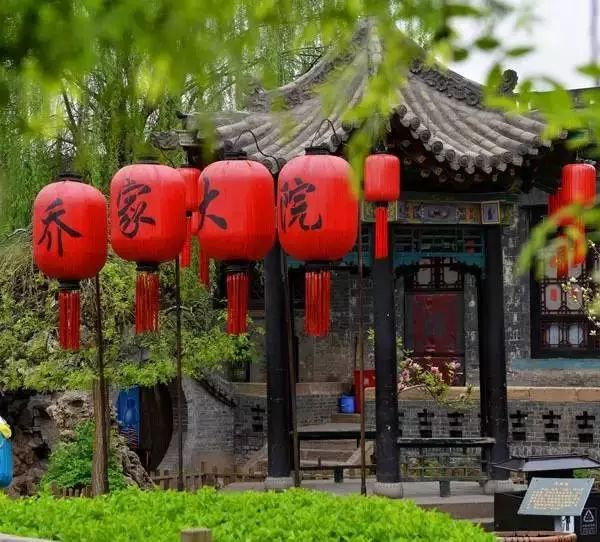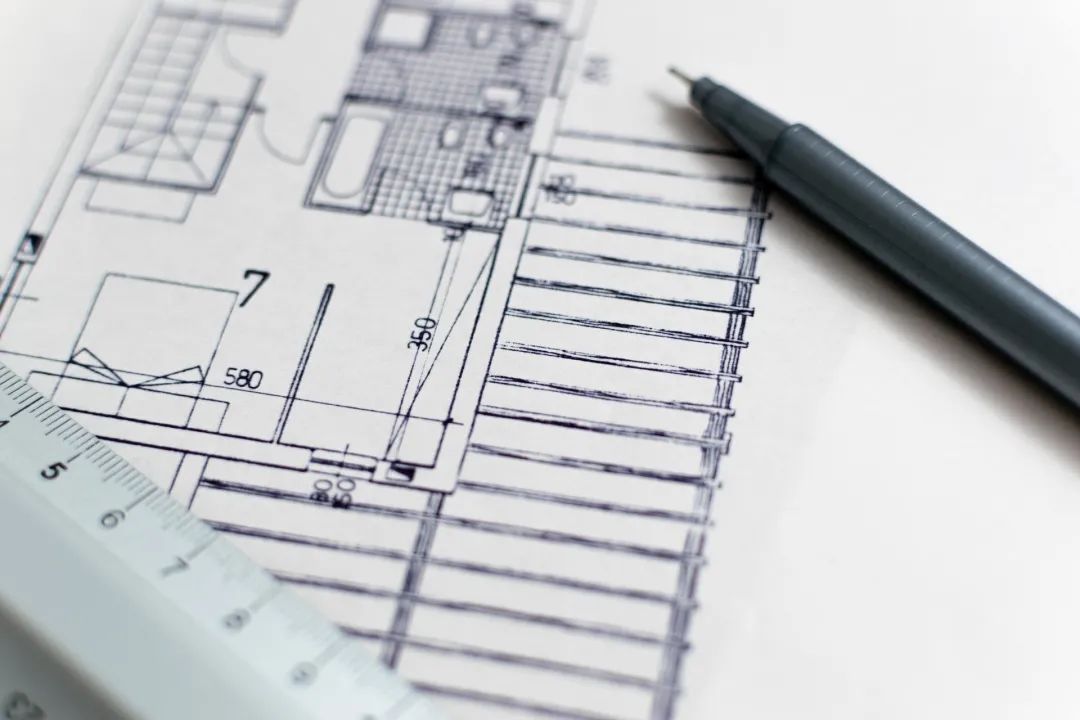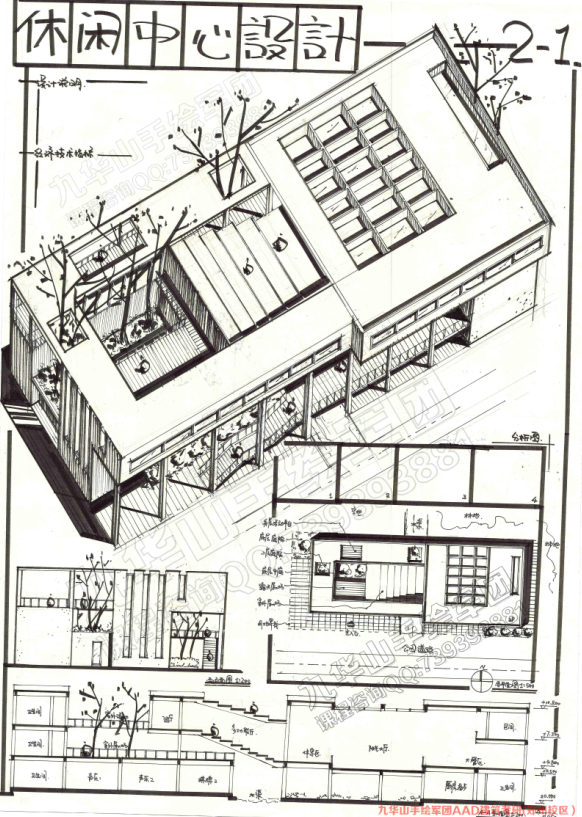Content source: there is a kind of nobility in famous architectural gardens that only Chinese people can understand, that is, ancient Chinese architecture
. 
For thousands of years, due to the different living habits of people in different regions, China has left many distinctive buildings
. 
Different schools of architecture with its unique historical and cultural heritage to write their own stories
. 
They are exquisite, quiet and dignified, which can never be surpassed by today’s architecture
. 
Let’s go into them together, listen to the voice of ancient culture, and feel the heavy history of big countries
. 
01 the well-known, far and near architecture building key words: the blue tile white wall and the brick carving gate building, the noble architecture of Anhui, is its elegant and elegant Hui residence, blue tile white wall, brick carving gate building, Anhui style architecture, famous for its folk houses, ancestral halls and memorial archways
. 
It is the essence of Huizhou’s scenery and the essence of the wind and vulgar culture
. 
Wanpai architecture is one of the most prominent architectural styles in the six major architectural schools, and it is the representative of the folk houses in southern China
. 
Among them, Anhui school is one of the most familiar Anhui schools, which was listed in the “World Heritage List” in 2000
. 
In particular, folk houses, ancestral halls and memorial archways are the most typical
.
They are known as the three wonders of Huizhou ancient architecture, and are valued and admired by the architectural circles at home and abroad
.
The architectural style of Hui style dwellings has “three carvings” (wood carving, stone carving and brick carving), which are different in style and come down in one continuous line
.
Skillful craftsman to do their best, every pattern, every carving, rigorous structure, exquisite carving
.
The inward courtyard of Hui style dwellings is centered on the deep courtyard, surrounded by high walls
.
The rain from the four roofs flows into the courtyard, commonly known as “four rivers return to the hall”, which also vividly reflects the mentality of Hui merchants that “fat water does not flow out of the field”
.
The Horsehead wall is also the finishing touch of the whole building of Hui style
.
It is not only exquisite in shape, but also integrates the wisdom of the ancients
.
In case of fire, such design can block the spread of fire, which is safe and reliable
.
Tang Xianzu once said, “I’ve been crazy all my life and never dreamed of Huizhou.”
.
It can be seen that Huizhou has a deep attraction to the dramatists
.
Key words of Suzhou architecture: mountains and rivers, winding paths lead to seclusion
.
The honor of Suzhou architecture lies in its existence in Suzhou gardens for thousands of years
.
Since the spring and Autumn period and the Warring States period, people began to pursue it
.
The roof with high ridge angle, the gate tower with Jiangnan Charm, winding, hidden but not exposed, feeding birds and fish, and overlapping stones, can be regarded as the artistic model of garden layout
.
Suzhou style architecture is the architectural style of Jiangsu and Zhejiang, and it is the epitome of the architectural style of the north and the south
.
The roof with high ridge angle, Zoumalou, brick gate tower, bright tile window and street crossing building with Jiangnan charm are light, simple, simple and elegant, reflecting the artistic characteristics of Qing, light, elegant and plain, full of the simple and quiet meaning of Jiangnan Water Town
.
Chinese classical gardens are full of twists and turns
.
Among them, the feeling of “winding paths leading to secluded places, deep flowers and trees in the Buddhist temple” and “all sounds are silent, but the sound of the bells is ringing”
.
There are twists and turns in the direct dew, ups and downs in the soothing place, which makes people have endless aftertaste
.
Key words of Fujian architecture: Earth Building defense function the honor of Fujian architecture lies in its earth building inherited from more than 500 years, which gives full play to the earth ramming technology
.
The scale of single building is large and fine, and the style of bunker architecture is still very strong
.
It can not only prevent fire and earthquake, but also resist the invasion of the enemy
.
Fujian, namely Fujian, is an architectural style popular in Southern Fujian
.
Among them, “Tulou” is the most distinctive representative, which is a kind of residential building with defensive performance for people living together
.
It originated from the construction technology of the original earth plate building in the ancient Central Plains
.
It appeared in the song and Yuan Dynasties, and reached its peak in the Ming and Qing Dynasties
.
Minpai architecture brings the long-standing ramming technology of raw soil into full play
.
The single buildings are large-scale, different in shape, close to mountains and rivers, and well arranged; the architectural style is unique, the engineering technology is superb, and the cultural connotation is rich
.
The common types are round building, square building, five Phoenix building, palace building, etc
.
the production, living and defense facilities in the building are complete
.
It is a unique type of Chinese traditional residential buildings, which provides valuable material for the research of architecture, anthropology and other disciplines
.
“Big fish and crabapple”, an animated blockbuster known as the last 12 years’ appointment, is a Guoman film with Yongding Hakka Earth Building as the story scene
.
It reveals the strong Hakka customs and earth building elements everywhere, and perfectly and vividly restores Yongding Hakka Earth Building in the film
.
Key words of Beijing style architecture: symmetrical distribution, auspicious and auspicious
.
The dignity of Beijing style architecture lies in the fact that it has evolved from the quadrangle over 700 years
.
The courtyard is spacious and spacious, and the houses on all sides are independent, ranging from the royal palace to the civilian residence
.
Every carving and painting are priceless treasures of northern culture
.
Beijing style architecture is the most typical one in northern China, and the most typical one in Beijing style architecture is the courtyard in Beijing
.
Historically, there were more than a thousand hutongs in the old Beijing 49 City, and the courtyard houses in the capital were scattered in the hutongs
.
No matter Wang gongguiqi or the common people, they have a constant relationship with the courtyard
.
Hutong Siheyuan is also one of the elements of folk culture in old Beijing
.
It is the carrier of common people’s life and work, and has profound historical value
.
The site selection, decoration, carving and painting of siheyuan reflect the long-standing folk customs and traditional culture, and show people’s pursuit of happiness, beauty, wealth and auspiciousness under specific historical conditions
.
Siheyuan condenses the common memory of people who have lived here for generations
.
The courtyard is square and wide, the scale is appropriate, the courtyard is friendly and quiet, and it has a simple and strong flavor of life
.
In my spare time, it’s a pleasure to invite three or five confidants to make a speech in the hospital
.
In addition to the courtyard, palace architecture is also a representative work of Beijing style architecture
.
Among them, the Forbidden City is the best work of palace architecture, and also represents the highest level of traditional architectural art
.
It can be seen as a huge quadrangle with more extensive functions, clearer division of labor and a sense of royal dignity
.
Key words of Jin architecture: cave dwelling, Jin Merchant Culture, the honor of Jin architecture lies in its magnificent qiao courtyard, brackets and cornices, colored gold decoration, brick and tile running in, and detailed construction of city buildings
.
There are six courtyards with more than 300 houses, which show the stability and preciseness of Jin merchants Ningxia and parts of Qinghai
.
In these areas, the architectural style of Shanxi is the most mature, so it is collectively referred to as Jin school architecture
.
Jin style architecture can be divided into two categories: one is the urban architecture of Shanxi, which is the architecture of Jin style in a narrow sense; Shanxi merchants are famous all over the world in the history of Shanxi, and the diligent generations of Shanxi merchants have formed their own architectural style on the basis of accumulating countless wealth
.
To a large extent, the architecture of Jin school reflects the character of Jin merchants, which is steady, grand, rigorous and deep; the architecture of Dou Gong, cornice, colored decoration, gold decoration, brick and tile running in, and fine workmanship
.
The culture and spirit it contains is an unparalleled wealth
.
The other is cave architecture in Northern Shaanxi and its surrounding areas, which is also the most widely distributed architectural style in Northwest China
.
The ancestors of the Loess Plateau lived, multiplied and expanded in caves
.
For thousands of years, no matter how the society changed, it failed to shake the dominant position of caves in Northern Shaanxi
.
Caves choose the Loess Plateau, the Loess Plateau chooses people, and people also choose caves
.
This natural dialectic of “harmony between man and nature” hides unspeakable mystery
.
The cave is warm in winter and cool in summer
.
The sky is blue and the air is fresh
.
This ancient and magical, deep and vigorous loess land, cave with her broad mind, sincere feelings, nurtured generations of Northern Shaanxi people.
.




